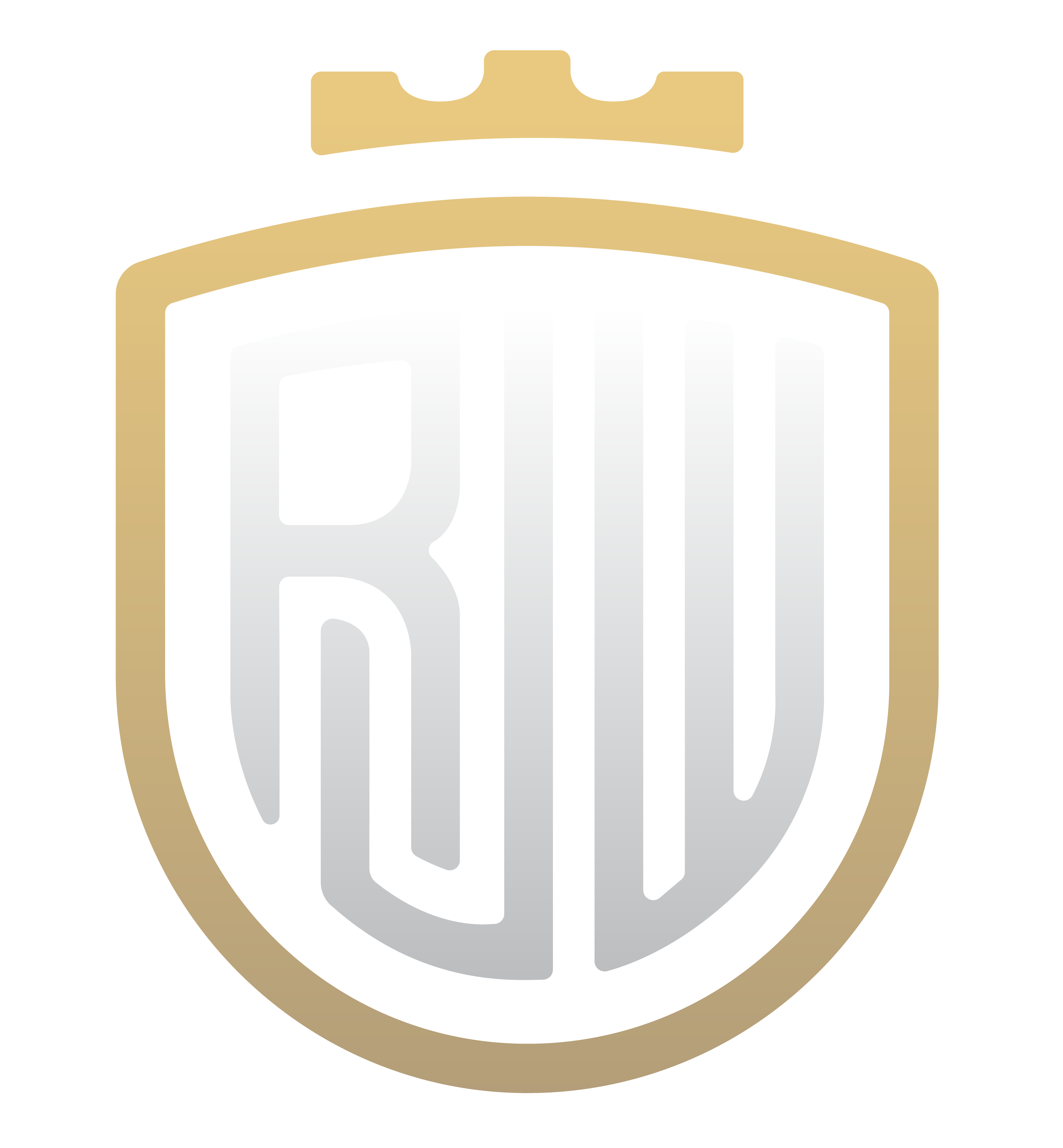Within each individual lies a longing to invest in meaningful endeavors and contribute to the success of the organizations we are a part of. Our mission is to establish organizations that resonate with our beliefs, enabling us to actively contribute to something we deeply care about. This allows us to persevere through sacrifices, risks, and the exhilaration that comes with commitment. This is the essence of motivation in teamwork. – Ryan J. Warriner
Teams are essential for organizing and managing projects, activities, and tasks in companies worldwide. To gain a competitive edge, global organizations increasingly rely on high-performance teams for complex business strategies. Working in teams offers numerous advantages, including diverse knowledge, ideas, and tools from members, as well as camaraderie. High-performance teams are characterized by strong cohesion, which enhances cooperation and goal achievement. Conversely, lack of cohesion leads to stress and tension among coworkers, negatively impacting team performance. Consequently, workplace cohesion ultimately determines a company’s success or failure.
Team Growth Stages
Team development follows recognizable stages as it progresses from a group of strangers to a united team with a common goal. According to researcher Bruce Tuckman, leaders play a crucial role in maintaining team motivation during the challenging storming and norming stages. The forming stage marks the beginning, with shared expectations and established relationships. The storming stage arises when conflicts over leadership, strategy, and goals occur. Effective leadership is essential at this stage to motivate the team and address concerns. Overcoming the storming stage leads to the norming phase, characterized by open communication, stability, and trust. Cohesiveness emerges, paving the way for high performance.

Cohesiveness Explained
Cohesiveness is the unity and bond among team members in pursuit of a shared goal. In highly cohesive teams, members prioritize the process over individual interests, respect and trust each other, and fully commit to team decisions, fostering accountability. Cohesive teams experience elevated morale due to increased communication, a friendly environment, loyalty, and inclusive decision-making. Successful business strategies rely on effective, highly cohesive teams that demonstrate commitment, satisfaction in team success, and a sense of significance, leading to improved self-esteem and performance.
Key Ingredients for Team Success
High-performance teams drive company success. In tasks like innovation or process design, teams surpass individuals in shouldering the workload. The ideal team combines diverse talents into a super-performing whole, exceeding any individual’s capabilities. Such teams don’t arise by chance. They thrive due to trust, strong team identity, and confidence in their abilities, indicating high team emotional intelligence (EI). EI encompasses emotion awareness, understanding, and its application in decision-making and self-management—essential for teamwork. Studies show that EI fosters team cohesion. To cultivate an emotionally intelligent team, develop emotional competence collectively. High EI teams establish norms that strengthen trust, group identity, and efficiency. Consequently, members cooperate and collaborate creatively to advance team goals.

Key Ingredients for Team Success
High-performance teams drive company success. In tasks like innovation or process design, teams surpass individuals in shouldering the workload. The ideal team combines diverse talents into a super-performing whole, exceeding any individual’s capabilities. Such teams don’t arise by chance. They thrive due to trust, strong team identity, and confidence in their abilities, indicating high team emotional intelligence (EI). EI encompasses emotion awareness, understanding, and its application in decision-making and self-management—essential for teamwork. Studies show that EI fosters team cohesion. To cultivate an emotionally intelligent team, develop emotional competence collectively. High EI teams establish norms that strengthen trust, group identity, and efficiency. Consequently, members cooperate and collaborate creatively to advance team goals.

Take the next step in strengthening your team today by reading more about effective communication here!
And for more expert advice and insights, check out our podcast here. Ready to get more hands-on with tailored speaking, coaching, or training? Get in touch with me.









